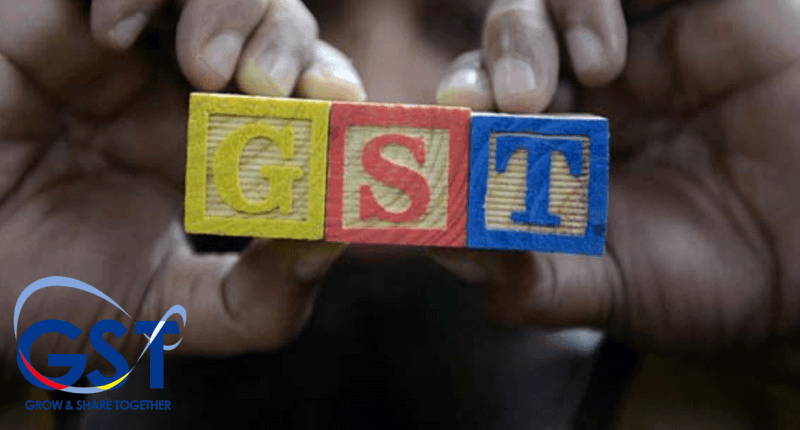The 38th GST Council meeting was held on 18 December 2019 at New Delhi. Hon’ble Union Finance Minister Smt. Nirmala Sitharaman chaired the meeting. This meeting was attended by Mr Anurag Thakur, Minister of State for Finance and Corporate Affairs and Mr Shushil Kumar Modi, Dy CM of Bihar State and convenor of GoM on revenue augmentation as well as by all the states representatives.
The primary discussion by the Council was on revenue augmentation and rate rationalisation. The committee on revenue augmentation proposed the GST rate slab changes to the Council, but the states have opposed this change under the current circumstances. The state representatives also demanded the dues relating to compensation to be paid by the centre to states.
The Council went for voting for the first time to decide the GST rate on lotteries across India. The decision was taken to charge 28% on both state-owned and state-authorised lotteries. This new rate will be effective from 01 March 2020.
The Council also decided that a uniform rate of 18% will be charged on woven and non-woven bags and polyethene or polypropylene sacks from 01 January 2020.
The Council also decided to exempt GST on the upfront amount for a long-term lease of industrial/commercial infrastructure plots. The entity should have 20% or more ownership of either Central or State Government.
Also Read: 38th GST Council Meet: States Opposed GST Rate Hike
At present, the exemption is available to an entity which has 50% or more ownership of either Central or State Government. This change shall become be effective from 01 January 2020.
The following were also decided by the Council:
- To extend the due date of GSTR-9 and GSTR-9C for the FY 2017-18 to 31 January 2020
2. To extend due dates of November 2019 GST returns for few North Eastern States.
3. To restrict provisional ITC to 10% instead of 20%.
4. To waive off GSTR-1 late fee for the period starting from July 2017 to November 2019.
The Council decided to issue a standard operating procedure (SOP) for tax officers to take actions in case of non-filing of GSTR-3B and the Council also approved various law amendments which will be introduced in the Budget 2020.
In the recent past, the State of UP and UT of J&K have shown a healthy growth in compliance. To exchange knowledge about best practices of tax administration, they made a presentation on their effort to improve GST collection.
A constructive discussion covered a wide range of issues such as measures for encouraging voluntary compliance by taxpayers and measures to improve return filing and tax collection. The debate continued on automation measures such as e-invoice, new return system, QR code on bills.
The Council directed for expeditious implementation of IT and other initiatives. GST Council gave necessary guidance on further analysis regarding exemption and concession impact analysis, tax base analysis, sensitivity analysis and compliance measures needed to keep pace with revenue needs.
For any clarifications/feedback on the topic, please contact the writer at dvsr.anjaneyulu@cleartax.in
DVSR Anjaneyulu known as AJ, is a Chartered Accountant by profession. Loves to listening to music & spending time with family and friends.





